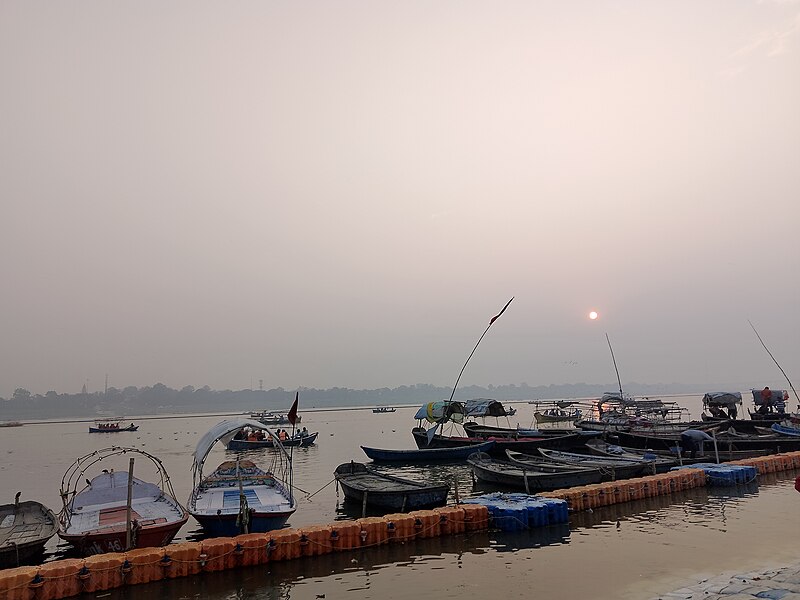Ex-top cop compares Yogi Adityanath with Lee Kuan Yew
Comparison with the legendary Singaporean leader has come as a shot in the arm for Yogi Adityanath who is continuously vilified by Left-liberals for every possible ill afflicting the country’s biggest state
Mahendra Singh | July 24, 2021 3:07 pm

UP Chief Minister Yogi Adityanath (http://www.yogiadityanath.in/)
Is Chief Minister Yogi Adityanath the Lee Kuan Yew of Uttar Pradesh? That’s what public intellectual and former top cop Prakash Singh seems to suggest. In a recent tweet, Singh said, “In UP, Mafia property worth Rs 1574 crore has been confiscated. Yogi is emerging as UP’s Lee Kuan Yew.”
Comparison with the legendary Singaporean leader has come as a shot in the arm for the UP Chief Minister who is continuously vilified by Left-liberals for every possible ill afflicting the country’s biggest state. In the short tweet, however, Singh highlighted something extremely important: the state administration’s tough stand against the mafias which mushroomed everywhere under the previous regimes of Akhilesh Yadav and Mayawati.
Till now, the state government has confiscated properties worth over Rs 1,573 crore belonging to criminals and gangsters. According to Additional Chief Secretary, Home Department, the seizures include over Rs 1,300 crore worth of property in the period beginning January 2020 till date (https://www.financialexpress.com/india-news/yogi-adityanaths-big-crackdown-mafia-property-worth-over-rs-1500-crore-seized-in-last-four-years-in-up/2296312/).
Further, the Yogi administration intends to build affordable homes and township projects for the economically weaker sections on the land from the 1,174 seized properties.
Recently, the Gautam Buddha Nagar police attached properties worth over Rs 73 lakh belonging to two land mafias. The properties are located in the Jewar area.
As many as 139 criminals have been killed and around 3,196 injured in encounters with the Uttar Pradesh Police since 2017. The ACS said that “strict action has been taken against notorious criminals, their associates, and the mafia on the orders of the state government.”
Further, more than 13,700 cases have been registered under the Gangster Act in the state in which more than 43,000 people have been arrested during Yogi’s tenure.
He had made his intolerance for lawlessness quite evident right from the beginning. Just after assuming office in March 2017, he had said, “There is no place for those who give patronage to the goonda elements, mafia, criminals and other rogue elements. They have the option of leaving UP or else they would land in places designated for them (jails).”
It needs to be mentioned here that Lee had adopted a similar approach towards governance. He carried out several crackdowns against the disruptors and violent protestors. There was Operation Coldstore in 1963, which reined in aggressive Leftists. Lee’s action against the racial riots of 1964 was also resolute. Owing to his commitment to law and order, Lee retained the Internal Security Act, enacted by the former British rulers, to tackle insurrections.
Lee once said, “If you are a troublemaker… it’s our job to politically destroy you… Everybody knows that in my bag I have a hatchet, and a very sharp one. You take me on, I take my hatchet, we meet in the cul-de-sac.”
Left-liberals scoff at the idea of making law and order a primary concern of governance. After all, they regard laws and the established order as essentially ‘exploitative,’ intended to serve the wealthy and the privileged. For this reason, they hated Lee; for this reason, and much more, they hate Yogi. As it is, a Hindutva icon is an abomination for them; a Hindutva leader in saffron doubly so.
Law and order, however, is important because it is the necessary condition for civilization, peace in society, and economic development. Hence Yogi’s emphasis on law and order, and hence his comparison with Lee.
The author is a senior political commentator






























